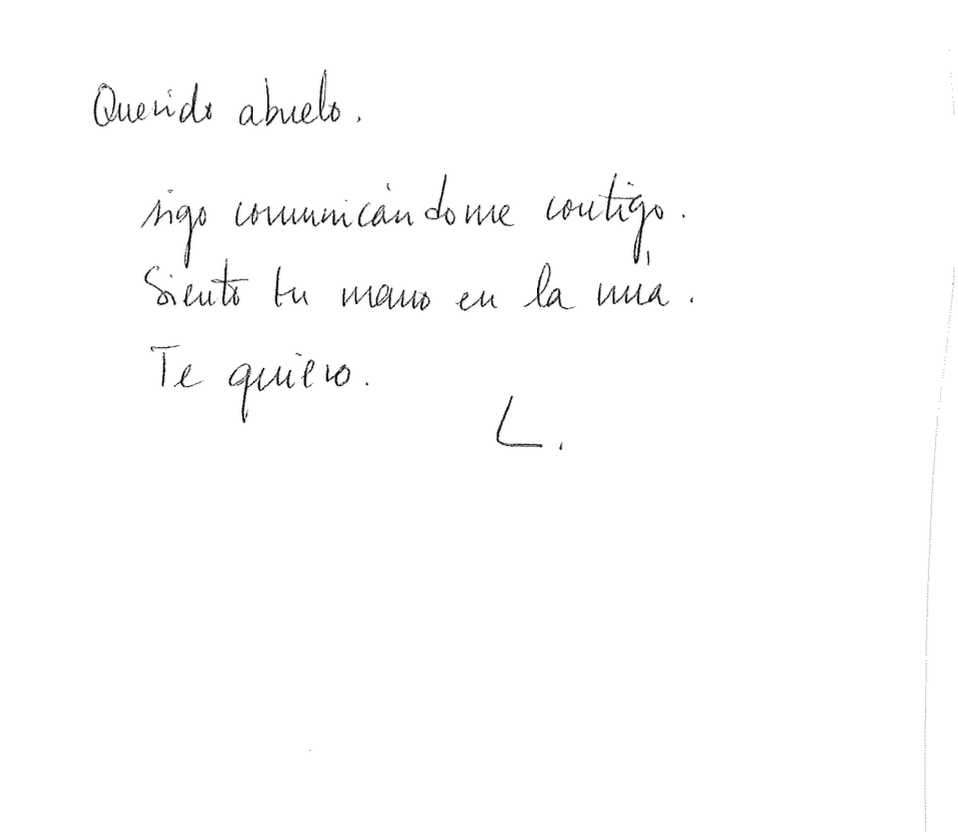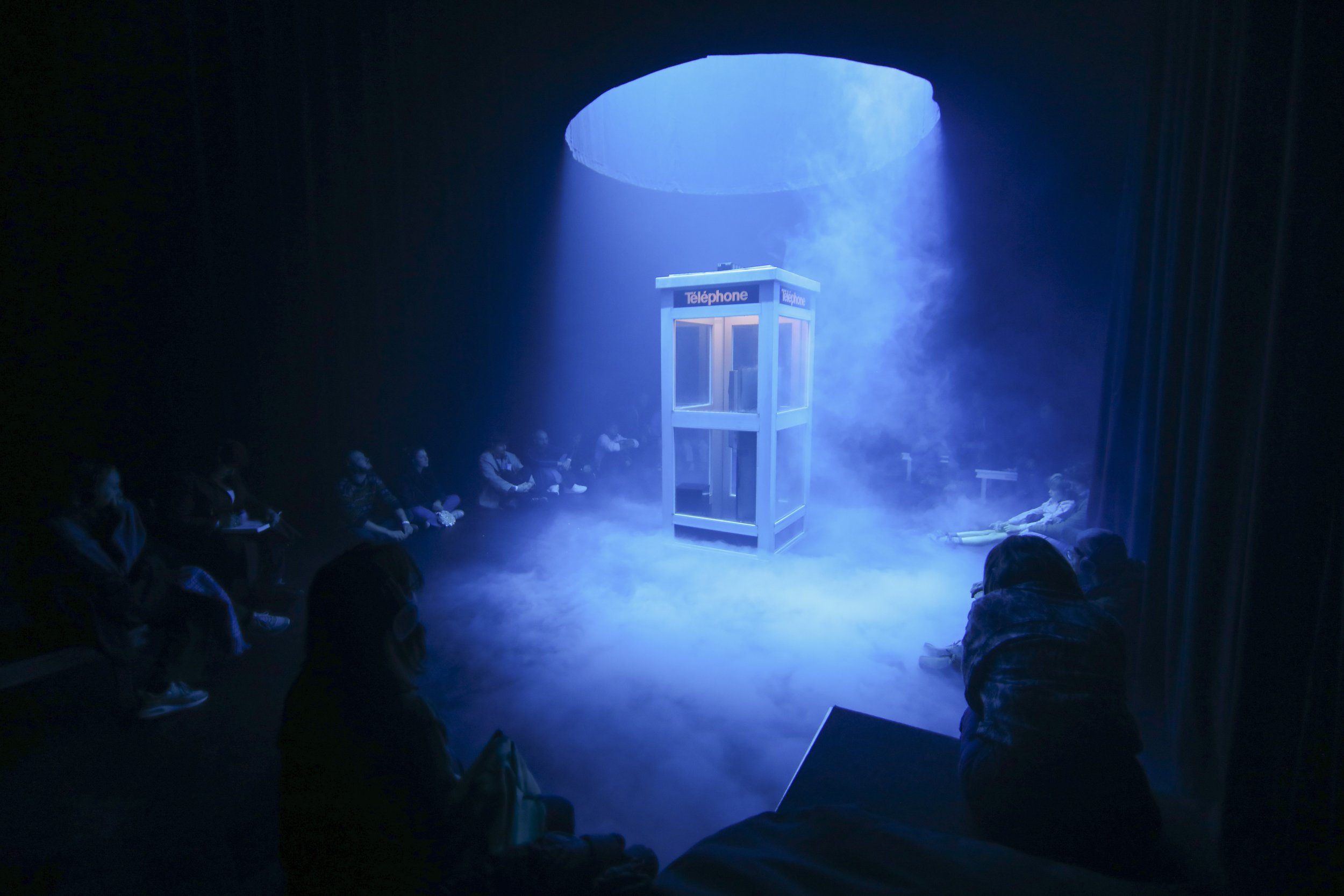#4 : ORA - Listening to our Dead
Isn't it time to rethink the porosity between life and death, and the place of the dead in the world of the living?
ORA invites us to immerse ourselves in the world of the invisible to reshape our perception of death and grief, while holding space for sadness and remembrance. A moment suspended in time and space where the realms of life and death are reconnected using the power of imagination and enactment.
A universal pillar of the human experience is meditating upon the boundary between life and death : whether a process of reincarnation of the soul, or the mystical portal embodied by the dark yet crossable waters of the Styx river, there are countless myths and philosophies reminding us that those “passed” may still be closer than we think.
Yet today we seem disconnected from such worldviews in the West. Just as water transforms into air and back, isn’t it time to rethink the porosity between life and death, and the place of the dead in the world of the living ?
ORA combines pensive electronic compositions interspersed with narrative accounts of how those we have lost continue to inhabit our emotional worlds. A direct line to the great unknown, a telephone booth is situated in the middle of a room awash in spellbinding light, echoing the Wind Phone, installed in Ōtsuchi, Japan after the deadly earthquake in 2011. Like succumbing to a river current, subtle shifts in illumination detach visitors from external reference points, gently plunging them into an atmosphere of calm introspection. Discreetly and privately, visitors are invited to delve into their most intimate emotions inside the booth – some may choose to speak, others may listen in silence, enveloped in the stories and soundscapes. A moment suspended in time and space where the realms of life and death are reconnected using the power of imagination and enactment. ORA invites us to immerse ourselves in the world of the invisible to reshape our perception of death and grief, while holding space for sadness and remembrance.
Sound extract
A box to drop a letter those we have lost.
A direct line to the great unknown, this telephone booth echoes the Wind Phone, installed in Ōtsuchi, Japan. One day, a man called Itaru Sasaki installed a phone box in its garden while grieving his cousin. There he felt a continued connection to his cousin, he found comfort and a healing space. Itaru gave his phone booth a name, Kaze No Denwa (風の電話), translated as The Telephone of the Wind.The following year, an earthquake resulted in a tsunami that obliterated the coast of Japan, destroyed entire towns and took thousands of lives. Gradually, mourners started to visit his phone booth to make calls to their friends and relatives lost in the great tsunami, hoping they would find a connection to help them cope with their grief as it had for Itaru.
This phone booth is a shrine created to connect people to their loved ones on the other side. Visitors are invited to "call" their loved ones in spirit, to say the things they didn't get a chance to say while the person was living or just to say hello. The wind will carry their words to those they love who are gone.








Creation & artistic direction: Laura Krsmanovic
Music and sound design: Le Motel
Set design: Erased Studio
Lighting programming: Ofer Smilansky
Mix and editing support: Christophe Loerke
Photo: Gretar Gunnlaugsson
Copy and translation: Blurbs














